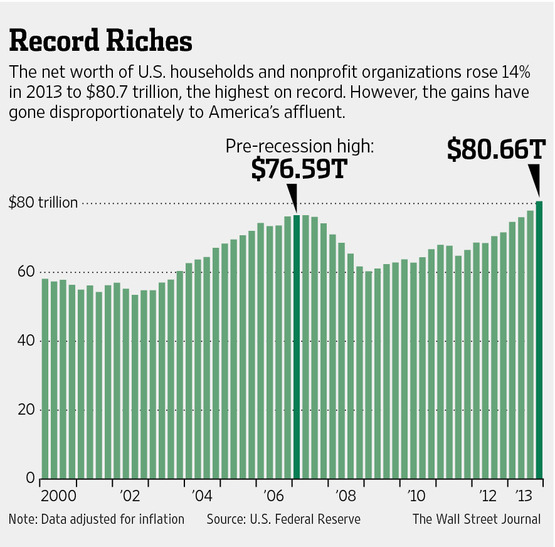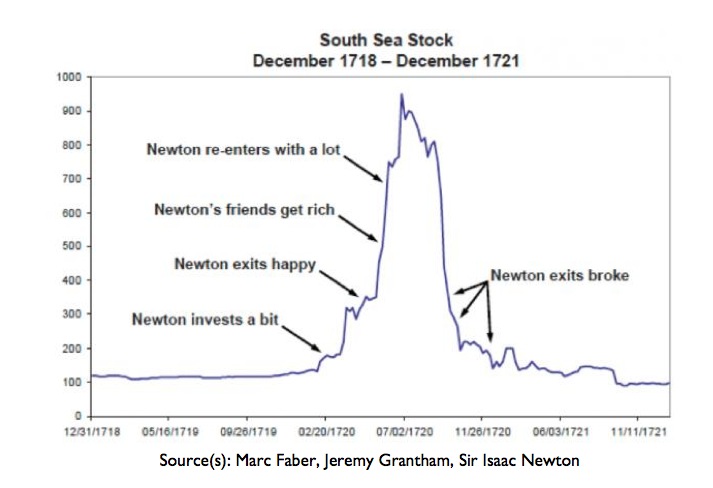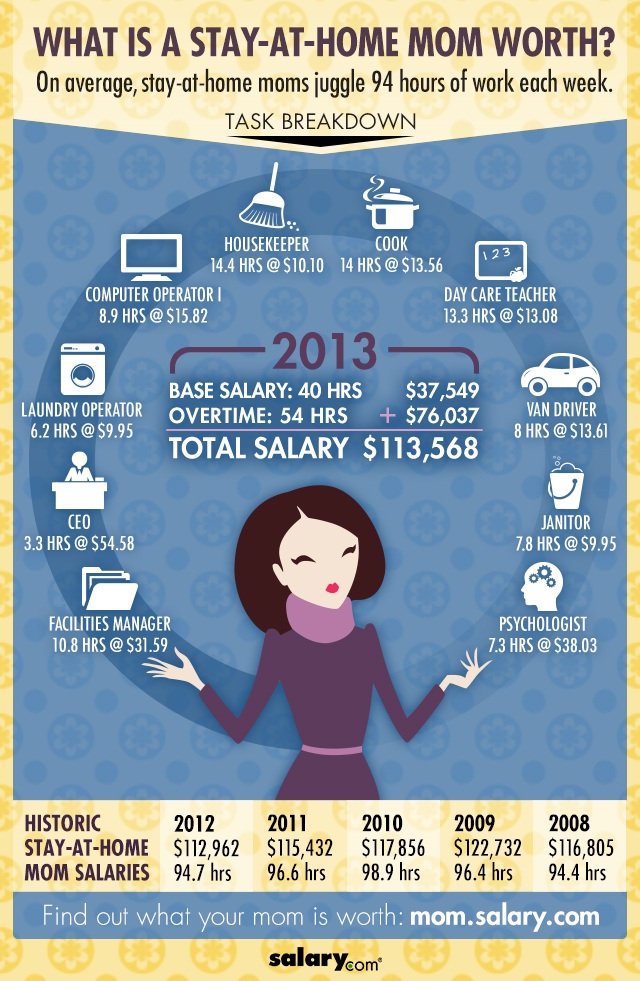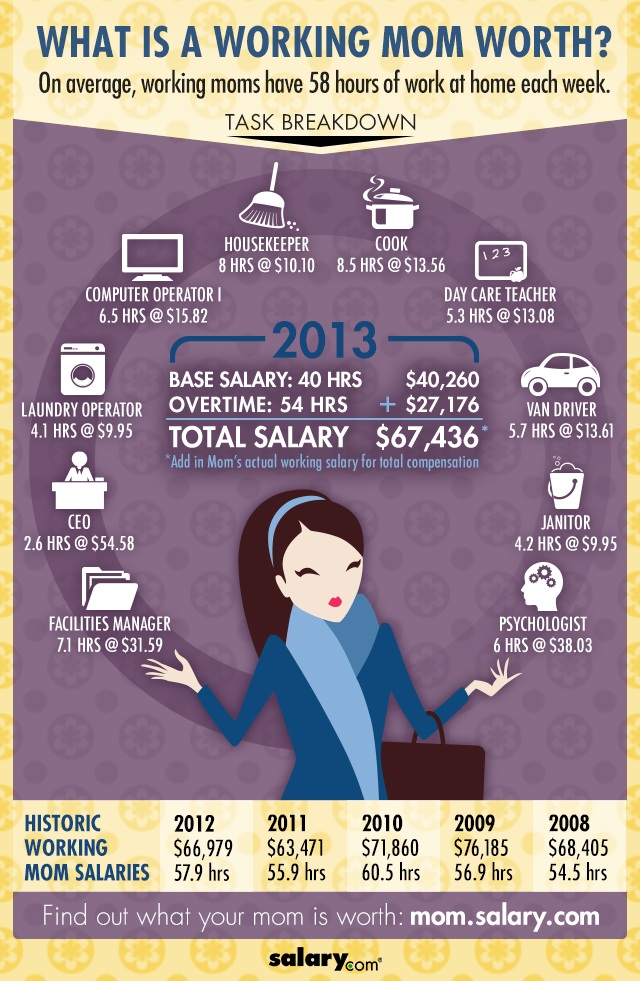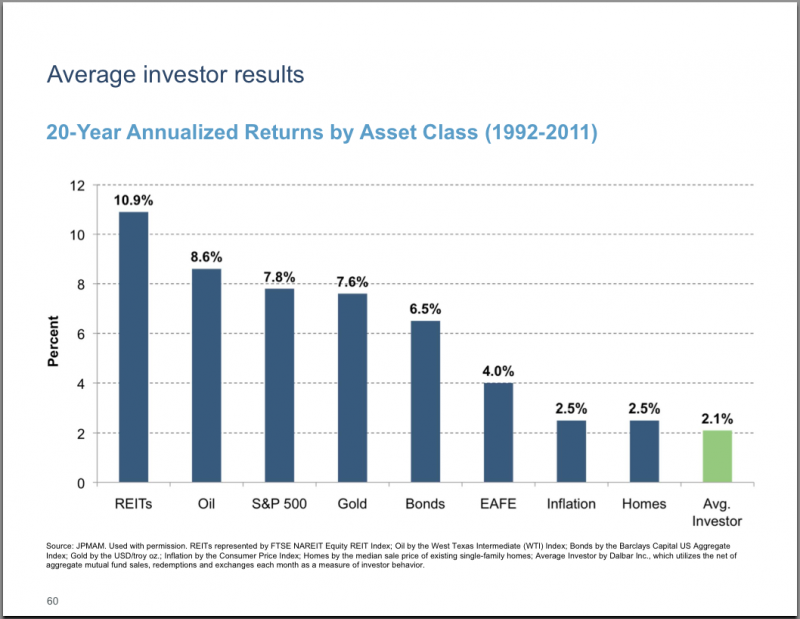Sorry Banks, Millennials Hate You
A three-year study involving 10,000 millennials (born 1981-2000) reveals an overwhelmingly negative sentiment toward banks:
- Banking is the most prime industry for disruption in millennials’ opinion
- Banks make up four of the top 10 most hated brands for millennials
- Millennials increasingly view banking institutions as irrelevant
 Source: FastCo
Source: FastCo


